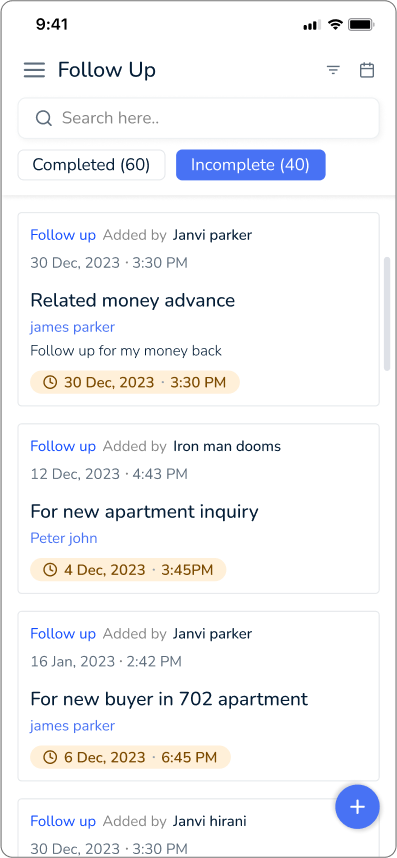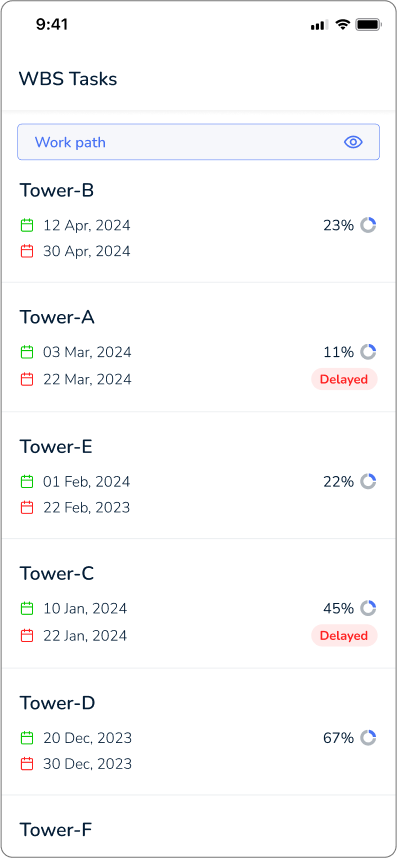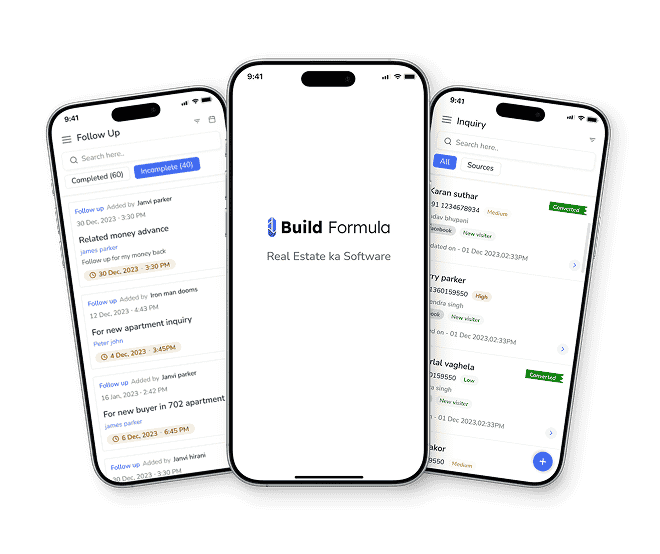
In the construction industry, construction is one task and construction management is another, and neither of them is easy. A construction project manager’s job is as difficult as a project developer’s. CPM’s job requires a blend of technical knowledge and interpersonal skills. Navigating the complexities of building requires not only an understanding of architectural and engineering principles but also the ability to coordinate teams, manage budgets, and meet deadlines. In this article, we’ll give a comprehensive guide on how you can achieve success by leveraging construction management software.
Explained: What is Construction Project Management (CPM)?
Construction project management is a critical discipline that encompasses all phases of project development, from initial planning to final execution. A project manager plays a pivotal role in ensuring project completion, focusing on delivering results within established timelines and budgets. To achieve this, they develop a comprehensive management plan that outlines project milestones and resource management strategies. Effective risk management is also essential for navigating potential challenges on the construction site. By coordinating the project team and adhering to a well-structured project plan, construction project managers are adept at steering projects to successful completion while optimizing performance and minimizing delays.
Construction Project Manager; Roles & Responsibilities
The Construction Project Manager’s role is like being the “captain” of the project, ensuring everything goes smoothly from beginning to end. They make sure the project is done on time, within budget, and meets the client’s expectations. Here’s a detailed breakdown of a Construction Project Manager’s job:
Planning the Project:
The Construction Project Manager is responsible for creating a detailed plan that outlines how the construction will be completed. From understanding the project’s requirements, to collaborating with architects and engineers, and mapping out the entire process, all comes under CPM’s role.
Creating a Schedule:
It is the Project Manager’s job to develop a clear timeline for the construction. They set deadlines for different phases of the project and monitor progress to ensure that everything stays on schedule. If there are any delays, they adjust the plan to avoid further disruptions.
Budgeting and Cost Control:
The Project Manager sets a budget that includes all the costs of the project, such as materials, labour, and equipment. Throughout the project, they keep a close eye on expenses to make sure everything stays within the budget. If costs start to rise, they find ways to reduce spending without compromising the quality of the work.
Hiring and Managing Contractors:
The Project Manager is responsible for selecting contractors and subcontractors who will handle different parts of the construction, like plumbing, electrical work, or roofing. They manage these teams, making sure that they complete their work on time and that the quality meets the project’s standards.
Coordinating Communication:
Acting as the main point of contact, the Project Manager keeps everyone involved in the project informed. This includes communicating with clients, contractors, designers, and other key stakeholders. Ensuring everyone is on the same page regarding progress and requirements of the project, is CPM’s major part.
Problem-Solving and Decision-Making:
During construction, unexpected issues can arise, such as delays, equipment problems, or design changes. The Project Manager must quickly find solutions to these problems and make decisions that keep the project moving forward.
Ensuring Safety and Compliance:
The Project Manager ensures that the construction site follows all safety rules and regulations. They also make sure that the necessary permits and approvals are obtained before starting the project, so that everything complies with legal standards.
Quality Control:
Maintaining high standards of quality is another important responsibility. The Project Manager regularly inspects the work being done to ensure it meets the client’s expectations. If there are any problems with the quality, they make sure the necessary corrections are made.
Managing Risks:
Every construction project comes with risks, such as bad weather, material shortages, or equipment breakdowns. The Project Manager identifies these risks early on and develops strategies to manage or avoid them, ensuring the project stays on track.
Final Inspection and Project Handover:
At the end of the project, the Project Manager must overview the final stages to ensure everything is completed correctly. They work with the client during the final inspection and officially hand over the finished project, ensuring that all requirements have been met.
Simplifying CPM’s Job with Build Formula!
Build Formula is cutting-edge construction project management software designed to streamline the role of a project manager. It provides a comprehensive view of the entire project lifecycle, from initial planning to material procurement, labour management, and usage tracking. With its intuitive dashboard, you can easily monitor every aspect of the project in one place, ensuring efficiency and control at every stage. Here’s how the Build Formula Construction Management System simplifies the role of a project manager:
Key Features
- Comprehensive Project Overview:
Offers a clear, real-time view of the entire project lifecycle, from planning to completion, in one place.
- Centralized Dashboard: Provides a single dashboard to monitor key project elements, including material purchases, labor management, and usage tracking.
- Streamlined Communication: Improves communication between teams and stakeholders by centralizing updates, progress reports, and notifications.
- Efficient Resource Management: Tracks and manages materials, ensuring accurate usage and minimizing wastage.
- Labor Management: Simplifies tracking and scheduling of laborers, helping to monitor productivity and optimize workforce deployment.
- Real-Time Data Access: Provides real-time insights and updates on project progress, budgets, and timelines, enabling quick decision-making.
- Automated Reporting: Generates detailed reports on project status, finances, and resources, reducing manual work.
Read More: construction project management software
- Risk and Issue Management: Helps identify and manage risks or issues early, ensuring that projects stay on track and within budget.
- Budget Control: Tracks expenses and resource allocation, ensuring that the project remains within budget.
- Time Management: Helps manage deadlines and timelines effectively, reducing delays and improving project delivery.
By simplifying these critical tasks, Build Formula enables project managers to work more efficiently and effectively. Try it today and simplify your construction management!







